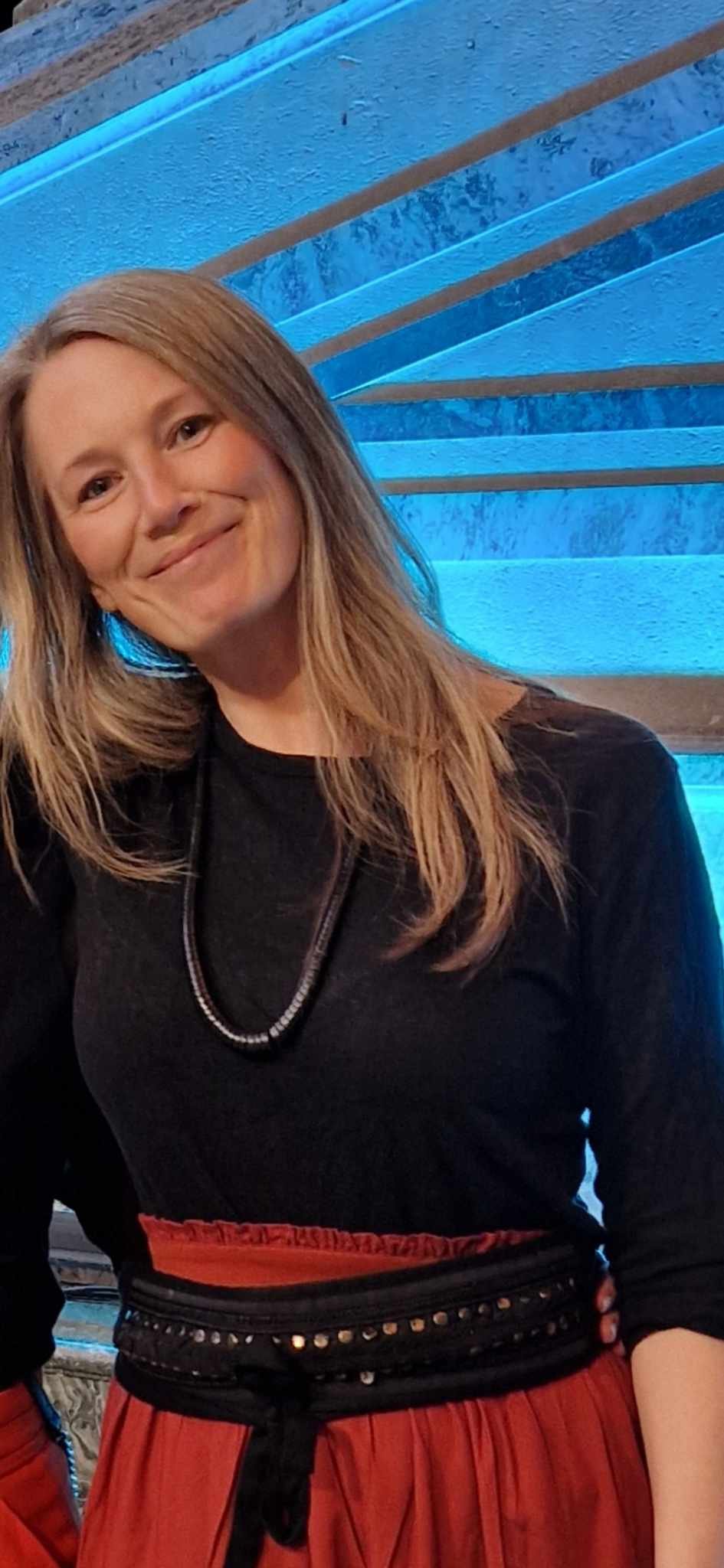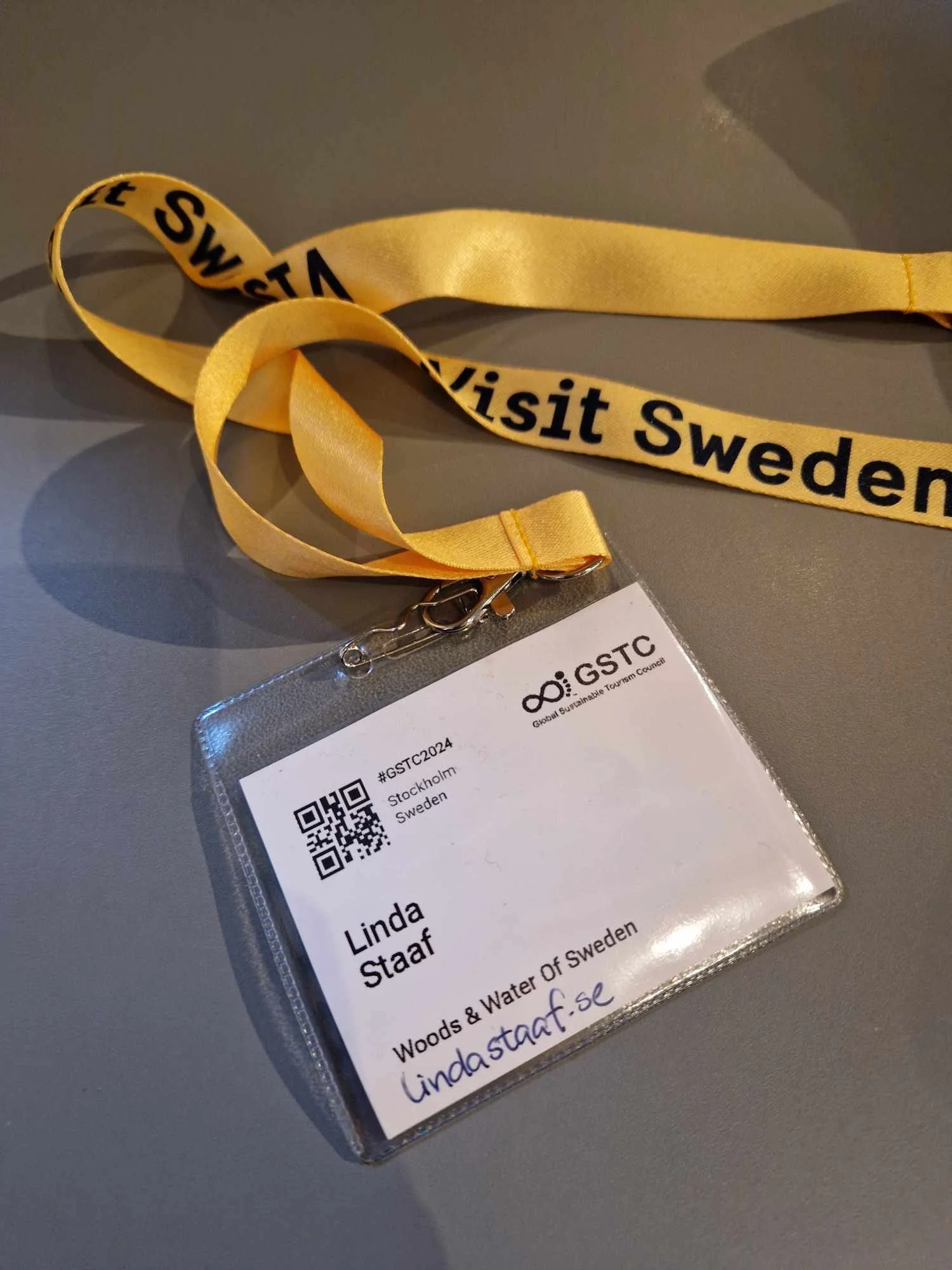If you can't be monitored and measured, you don't exist…
Just returned from the GSTC Summit in Stockholm with a wealth of new impressions and thoughts. Here are some of them…
(GSTC stands for the Global Sustainable Tourism Council, which sets the criteria for what basic sustainable tourism is. This April, Stockholm hosted their annual conference.)
The first and perhaps most striking thing that hit me during the days was how everything needs to be monitored and measured. Words like “monitor,” “measure,” and “criteria” were frequently used. Naturally, most of it revolved around that – I was at a conference about working with criteria for assessment, so it would have been strange otherwise. But it made me look deeper into what these measurements and criteria could imply on several levels. Not everything can be judged and measured, we all know that. Measurements serve an important function and I am somewhat of a statistics nerd myself. But I am afraid that we risk going too far in that direction and we should be vigilant not to fall into that trap. Measurements made in recent decades have really made us realize that we need to change our way of life. We know when, where, and how – but our big problem is that we are not doing it.
To do what we know we need to do does not primarily require more monitoring, it requires courage, passion, love, willingness to collaborate, and the ability to listen to one’s conscience. None of these can be monitored or measured, yet they are the most basic things we humans need to create our common future. That passion and love are challenged when we are monitored, measured, and judged.
Measurements are a means to reach goals. But what specific goal are we trying to reach? Or will our measurements end up like the economic growth curve we have set ourselves on? When will it be enough? For at the goal, as I see it – we live in a world where measurements are not needed because people have achieved courage, passion, willingness to collaborate, and a love for their community and environment with all the life forms that live there. Our ancestors and our indigenous people managed without this type of monitoring and measurement. So, it's clear that measurements are needed today because we lack the immeasurable abilities to live in harmony with our surroundings. There we have a balance board we need to keep an eye on, we need to be aware of what we are monitoring and why, and we need to be fully aware that not everything can be measured. Not everything should be measured. And some business operations can be more sustainable than others even though they are not monitored or have fancy certifications. It is discussed that only businesses with certain certifications should be allowed on the field, that certifications are required to be visible in different contexts. That we must be monitored, measured, and judged to operate as entrepreneurs. The old saying “If you're not seen, you don't exist” becomes “If you can't be monitored and measured, you don't exist”. The first is based on individual will and creativity, the second on control and coercion.
One of the lectures I attended, 'Data-based Innovation in Tourism,' discussed how we can use space technology to monitor and track in detail what is happening on Earth, which water bodies are polluted, and where there is high pressure of people in nature. The technology can be used to monitor 'Location's attractivity progressing over time' with headlines like 'biodiversity, wellbeing, breathability, outdoor potential, and comfort.' Do we need space technology to monitor us to find out about biodiversity and our health? If we can't figure that out ourselves, we are in trouble, with or without space technology.
During the following panel discussion, we in the audience were asked to send our questions to a monitor via our mobile phones. The second most common question was about whether it was ecologically unsustainable to engage in these types of monitoring, and the participants squirmed noticeably when the question came up. There weren't really any answers, but an interesting input from one of the speakers was that the energy used annually for this measurement could be compared to the energy consumed by social media in just one week. The most common question from the audience, however, was why all five speakers and the moderator were men… where were the women? I turned to the participant next to me and jokingly said, 'Because women are more connected to earth.' Then I attended a new seminar called 'Community engagement & residents’ quality of life', a panel consisting of four women and a female moderator. The question of where the men were in that panel did not come up on the monitor.
I think we should continue to measure, it is valuable. We should continue to set requirements, we can't do without them yet. But we should be fully aware of what we are doing and why – and what it can lead to if we let it get out of hand.
The soft values are important. The inner capabilities I mentioned are immeasurable – yet invaluable for sustainable development.
We can strengthen our inner capabilities and also learn to see what we need to do and can do for regenerative development to take off - that path is primarily through nature. Nature is a natural guide. It lets us see. Technology sees us.
But we continue to measure relentlessly. So I wonder when "reduced energy use of social media and internet connectivity" will become one of the criteria on the sustainable tourism agenda.


